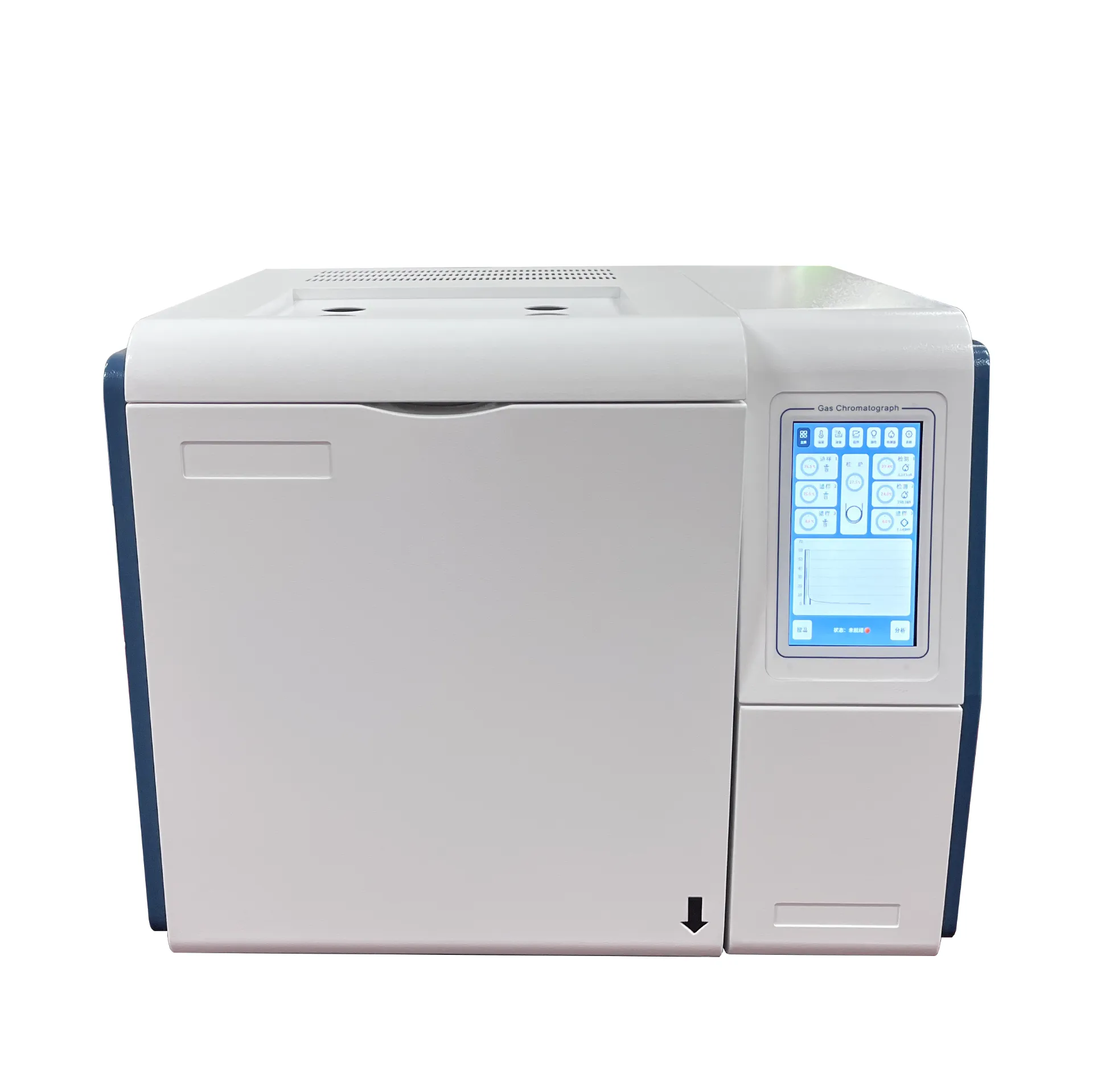 English
English



-
 Afrikaans
Afrikaans -
 Albanian
Albanian -
 Amharic
Amharic -
 Arabic
Arabic -
 Armenian
Armenian -
 Azerbaijani
Azerbaijani -
 Basque
Basque -
 Belarusian
Belarusian -
 Bengali
Bengali -
 Bosnian
Bosnian -
 Bulgarian
Bulgarian -
 Catalan
Catalan -
 Cebuano
Cebuano -
 China
China -
 China (Taiwan)
China (Taiwan) -
 Corsican
Corsican -
 Croatian
Croatian -
 Czech
Czech -
 Danish
Danish -
 Dutch
Dutch -
 English
English -
 Esperanto
Esperanto -
 Estonian
Estonian -
 Finnish
Finnish -
 French
French -
 Frisian
Frisian -
 Galician
Galician -
 Georgian
Georgian -
 German
German -
 Greek
Greek -
 Gujarati
Gujarati -
 Haitian Creole
Haitian Creole -
 hausa
hausa -
 hawaiian
hawaiian -
 Hebrew
Hebrew -
 Hindi
Hindi -
 Miao
Miao -
 Hungarian
Hungarian -
 Icelandic
Icelandic -
 igbo
igbo -
 Indonesian
Indonesian -
 irish
irish -
 Italian
Italian -
 Japanese
Japanese -
 Javanese
Javanese -
 Kannada
Kannada -
 kazakh
kazakh -
 Khmer
Khmer -
 Rwandese
Rwandese -
 Korean
Korean -
 Kurdish
Kurdish -
 Kyrgyz
Kyrgyz -
 Lao
Lao -
 Latin
Latin -
 Latvian
Latvian -
 Lithuanian
Lithuanian -
 Luxembourgish
Luxembourgish -
 Macedonian
Macedonian -
 Malgashi
Malgashi -
 Malay
Malay -
 Malayalam
Malayalam -
 Maltese
Maltese -
 Maori
Maori -
 Marathi
Marathi -
 Mongolian
Mongolian -
 Myanmar
Myanmar -
 Nepali
Nepali -
 Norwegian
Norwegian -
 Norwegian
Norwegian -
 Occitan
Occitan -
 Pashto
Pashto -
 Persian
Persian -
 Polish
Polish -
 Portuguese
Portuguese -
 Punjabi
Punjabi -
 Romanian
Romanian -
 Russian
Russian -
 Samoan
Samoan -
 Scottish Gaelic
Scottish Gaelic -
 Serbian
Serbian -
 Sesotho
Sesotho -
 Shona
Shona -
 Sindhi
Sindhi -
 Sinhala
Sinhala -
 Slovak
Slovak -
 Slovenian
Slovenian -
 Somali
Somali -
 Spanish
Spanish -
 Sundanese
Sundanese -
 Swahili
Swahili -
 Swedish
Swedish -
 Tagalog
Tagalog -
 Tajik
Tajik -
 Tamil
Tamil -
 Tatar
Tatar -
 Telugu
Telugu -
 Thai
Thai -
 Turkish
Turkish -
 Turkmen
Turkmen -
 Ukrainian
Ukrainian -
 Urdu
Urdu -
 Uighur
Uighur -
 Uzbek
Uzbek -
 Vietnamese
Vietnamese -
 Welsh
Welsh -
 Bantu
Bantu -
 Yiddish
Yiddish -
 Yoruba
Yoruba -
 Zulu
Zulu
coulometric karl fischer
Understanding Coulometric Karl Fischer Titration A Precise Method for Water Content Analysis
Coulometric Karl Fischer titration is a sophisticated analytical technique widely employed in the determination of water content in various materials. Originating from the work of Karl Fischer in 1935, the method has evolved significantly and remains a cornerstone in laboratories across various industries, including pharmaceuticals, food production, and petrochemicals.
The Principle of Coulometric Karl Fischer Titration
The coulometric Karl Fischer titration operates on the principle of quantitative measurement of water in a sample through an electrochemical reaction. It involves two critical components the Karl Fischer reagent and the titration process. The reagent typically consists of iodine, sulfur dioxide, a base, and a solvent, which are mixed to create a solution capable of reacting with water.
In a Coulometric setup, the water in the sample reacts with the iodine present in the Karl Fischer reagent. This reaction is represented by the following chemical equation
\[ \text{H}_2\text{O} + \text{I}_2 + \text{SO}_2 + \text{R} \rightarrow \text{H}_2\text{SO}_4 + 2 \text{HI} \]
Here, R represents the base present in the reagent. The titration process generates iodine electrolytically from a gold electrode, with the generated iodine then reacting with the water in the sample. The amount of electricity (in coulombs) consumed during the reaction is proportional to the amount of water present, allowing for precise quantification.
Advantages of Coulometric Karl Fischer Titration
coulometric karl fischer

Coulometric Karl Fischer titration offers several advantages over other techniques for measuring moisture content. One of the primary benefits is its remarkable sensitivity. This method can detect water levels as low as parts per million (ppm), making it suitable for analyzing extremely dry materials or substances where precise moisture content is crucial.
Another significant advantage is the method's efficiency. Unlike other techniques that may require large sample sizes, coulometric titration can work effectively with small samples. This feature is particularly beneficial in industries where materials are costly or where only limited quantities are available for testing.
Additionally, the method is relatively fast, allowing for rapid measurements and turnaround times in quality control processes. The automation of the titration process further enhances its efficiency, providing consistent and reproducible results.
Applications in Various Industries
Coulometric Karl Fischer titration is utilized across a wide range of industries. In the pharmaceutical sector, accurate water content analysis is critical for quality control to ensure the stability and efficacy of drug formulations. In the food industry, controlling moisture levels is essential for product quality and shelf life, making this method invaluable for food safety testing.
In the petrochemical industry, measuring water content is vital for maintaining the quality of fuels and other products. Excess moisture can lead to corrosion and other issues in machinery and storage systems, making reliable testing paramount.
Conclusion
Coulometric Karl Fischer titration is a highly effective method for determining water content across various applications. Its high sensitivity, efficiency, and adaptability make it an indispensable tool in modern laboratories. As industries continue to prioritize quality and safety, the relevance of this analytical technique will only increase, contributing to advancements in product development and quality assurance. Whether in pharmaceuticals, food production, or petrochemicals, coulometric Karl Fischer titration remains a critical methodology for ensuring the integrity and quality of products.
-
Testing Equipment Industry Sees Major Advancements in 2025: Smart & Precision Technologies Lead the WayNewsJun.06,2025
-
Applications of Direct Current Generators in Renewable Energy SystemsNewsJun.05,2025
-
Hipot Tester Calibration and Accuracy GuidelinesNewsJun.05,2025
-
Digital Circuit Breaker Analyzer Features and BenefitsNewsJun.05,2025
-
Benefits of Real-Time Power Quality Monitoring Devices for Industrial EfficiencyNewsJun.05,2025
-
Earth Fault Loop Testing in High-Rise Building Electrical SystemsNewsJun.05,2025



